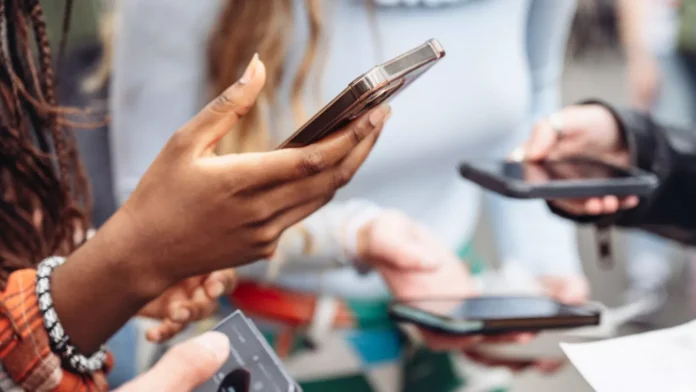
Brazil has officially taken a significant step in education reform by passing a nationwide law banning phones during school hours.
This comes after months of discussions and debates surrounding the issue, which we previously covered when Brazil was considering implementing such a policy.
Now, with the Senate’s approval, the law is set to become a reality, marking a decisive effort to improve the country’s educational environment.
#ULTIMAHORA
Brasil prohíbe los celulares en las escuelasEl Senado de Brasil aprobó ayer miércoles una ley que prohíbe el uso del celular por parte de los alumnos en las escuelas, tanto en las aulas como en el recreo, durante todas las etapas de la educación obligatoria. pic.twitter.com/aI4SjF9KfT
— Diario Panamá (@DiarioPanama) December 19, 2024
The Details of the New Law
The newly approved legislation prohibits students from using phones during classes, recess, and breaks in both public and private elementary schools across the nation.
Usage will only be allowed for educational purposes, and only with teacher approval. Exceptions are also in place for accessibility needs, health conditions, or safeguarding students’ fundamental rights.
Brasil prohíbe los celulares en las escuelas y colegios pic.twitter.com/TG8Di2nCmu
— +MASNOTICIAS (@MasnoticiasM) December 19, 2024
This law builds on regional experiments, such as the policy implemented in Rio de Janeiro’s municipal schools, where over 1,500 schools banned electronic devices a year ago.
Why Brazil Took This Step
The push for this law gained momentum from growing concerns about how excessive screen time affects children and teenagers, particularly in learning environments.
Educators and policymakers argue that smartphones are a distraction, impacting students’ ability to focus and engage with lessons.
Studies have repeatedly shown that smartphones, when overused, can hinder learning and limit face-to-face interactions among students.
During debates, lawmakers highlighted these findings to stress the importance of regulating smartphone use in schools.
Public Support for the Ban
Public sentiment strongly supports the initiative. Recent surveys revealed that 62 percent of Brazilians over 16 agree with banning phones in schools, with parents showing even higher approval at 65 percent.
Manoela Miranda, a leader at an education NGO, reinforced this viewpoint: “Learning spaces must be protected from the constant distractions that smartphones bring. This law is a step in the right direction for ensuring quality education.”
Part of a Global Trend
Brazil’s decision is not an isolated one. It follows a global trend of limiting smartphone use in schools to enhance student learning and reduce distractions.
France implemented a similar nationwide ban in 2018, allowing exceptions only for educational use and accessibility for students with disabilities. Italy has also moved in this direction.
International organizations, including UNESCO, call for strict limits on smartphone use in classrooms and state its negative effects on academic performance and social interaction.
What Happens Next?
With the bill officially passed by the Senate, Brazil is set to enforce one of the strictest smartphone policies in schools globally. Policymakers, educators, and families will closely monitor its rollout to assess its effectiveness.
Schools across the country will change their rules to comply with the new law and help students focus better during lessons.
We are expecting to see positive results from the phone banning.
















